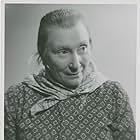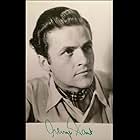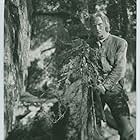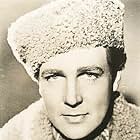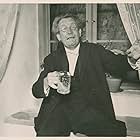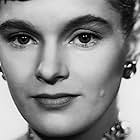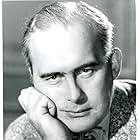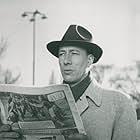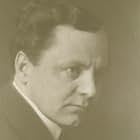"Snapphanar" is a movie about an occupied country, and about resistance from the affected civilian population. In the 1600's the eastern part of Denmark, Scania, was occupied by Sweden, and during the "Scanian War" 1676-79 many Scanians fought in guerilla troops against the Swedes. The Swedish military force gave them the degrading name "Snapphanar", a German word for the worst elements in the society; highwaymen, bandits etc. In modern times however, the name "Snapphanar" have obtained a romantic lustre through the many Danish and Swedish historic novels. This Swedish movie was shot during World War II, and the scriptwriter Karl Ragnar Gierow explained that it was an(translated): "obvious allegory on the situation in Denmark and Norway", who was occupied by the Germans.
But this movie was nothing for the Danish and Norwegian cinemagoers. "Snapphanar" ends with surrender, and the leading character, the Scanian guerilla captain Grimme Jens (played by the famous Scanian actor Edvard Persson), fires off the closing line (translated): "The Swedes are good persons, honest and good fighters, a damned good people." Swedish history revisionism, hurrah! We could just as well have let Mel Gibson swear in "Braveheart" that the Englishmen were wonderfully chivalrous opponents. The remarkable thing is that the Nazi's banned the movie in Norway because they thought it glorifyed partisan activity. As K Arne Blom and Jan Moen says in the history book "Snapphaneboken" (translated from Swedish): "One can wonder if the Germans in Norway didn't watch the movie to the end, because the moral is that resistance doesn't pay in the end and that the foreign authorities in the final analysis are good and excellent people."
This movie should only be seen as an embarrasing example of Swedish nationalism during World War II and how the conquerors can dictate the historiography.











